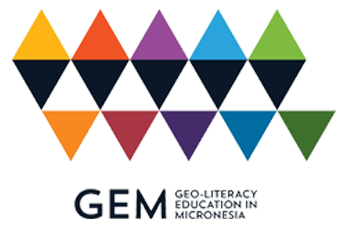Our ISLeTs
GEM is working to demonstrate the potential for effective intergenerational, informal learning and development of geo-literacy through the Informal STEM Learning Team (ISLeT) model.
Each of the 30 ISLeT that GEM has brought together over its six years falls under one of six informal learning modules that blend local/Indigenous approaches, Western STEM knowledge systems, and active learning to support the growth of geo-literacy among our ISLeT members and the co-creation of products and events that support geo-literacy within the wider community.
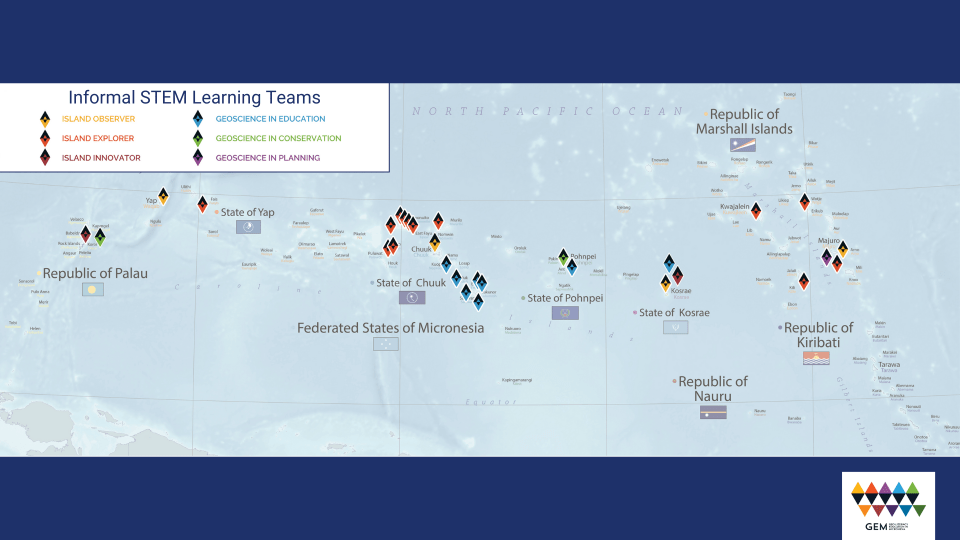
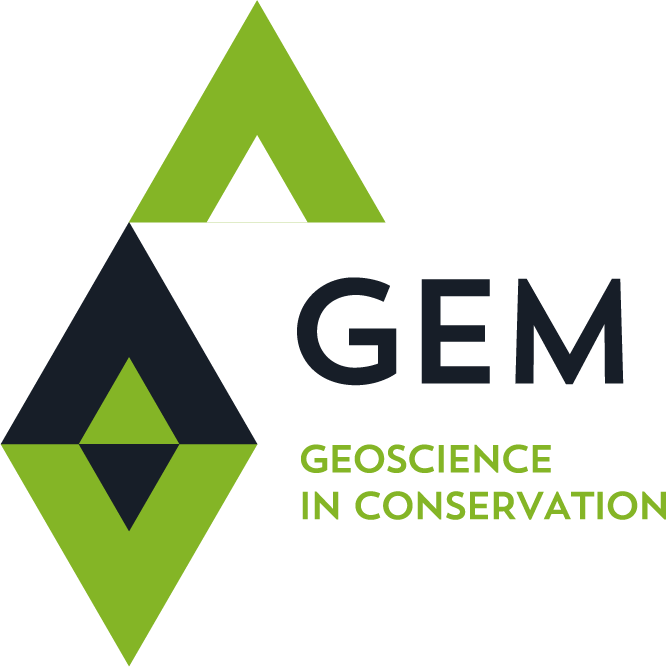
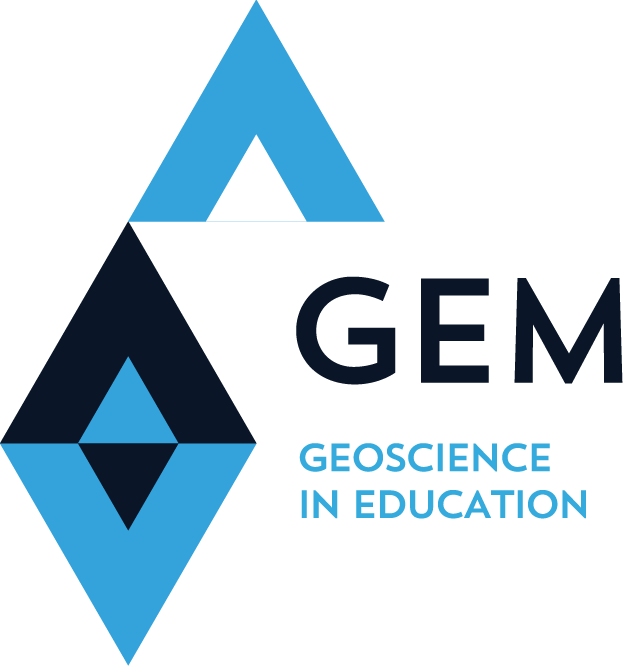
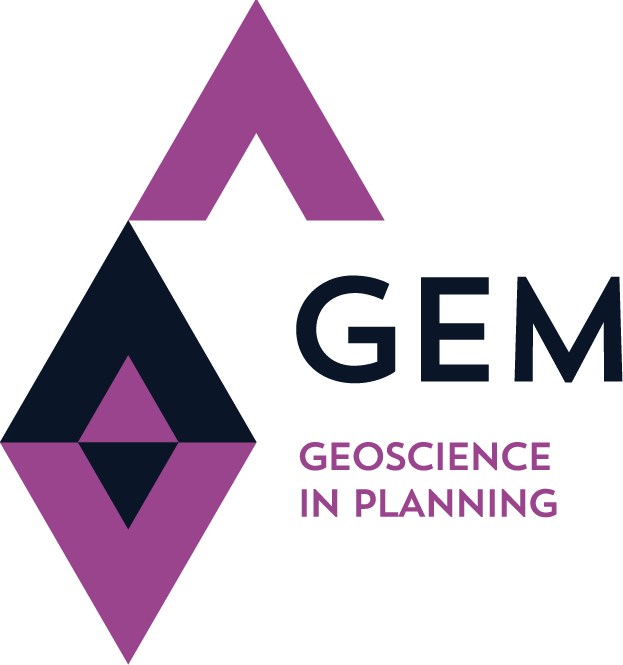
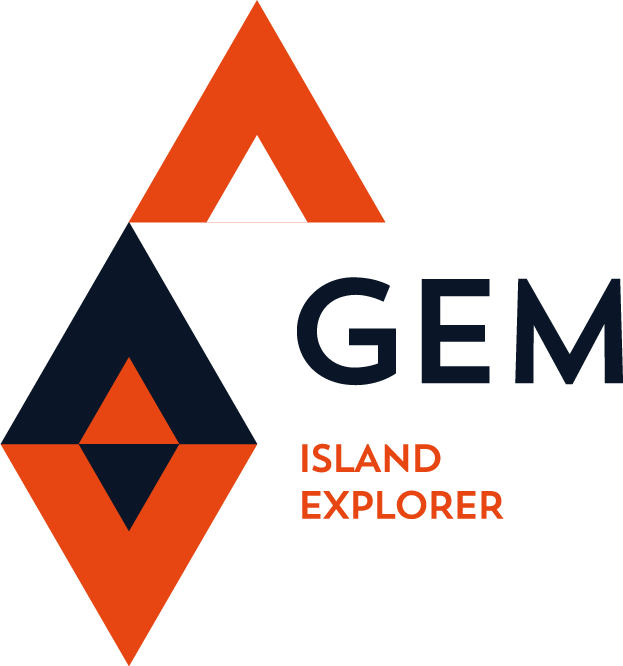
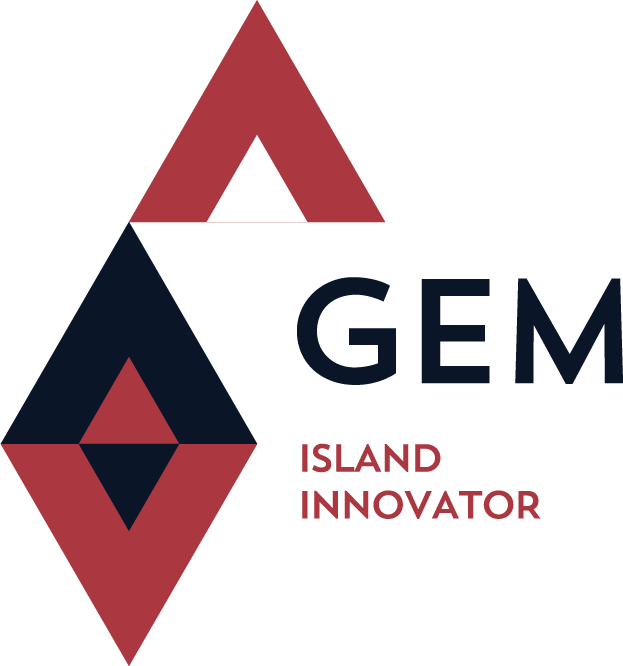
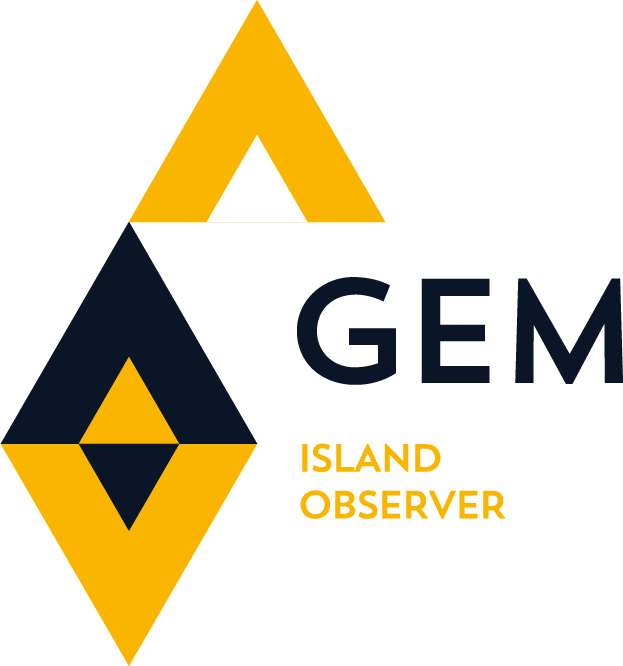
- Island Observer: Observing and documenting phenomena in the land, ocean, and atmosphere through traditional worldview and STEM
- Island Explorer: Documenting place through space and time in our stories and traditional practices
- Island Innovator: Creating physical and digital models of places
- Geoscience in Conservation: Mapping protected areas and learning about protected areas and traditional practices for environmental protection
- Geoscience in Education: Using place as a STEM workshop through settings like student clubs
- Geoscience in Planning: Using remote sensing and field surveys to create infrastructure maps
Through co-creation of maps, posters, signs, songs, and community events, ISLeT members explored — and helped their communities to explore — our GEM guiding question: How do we “read” the skies, the land, and the waters— and how do we learn from those “texts” in order to make decisions that positively affect ourselves and our communities?
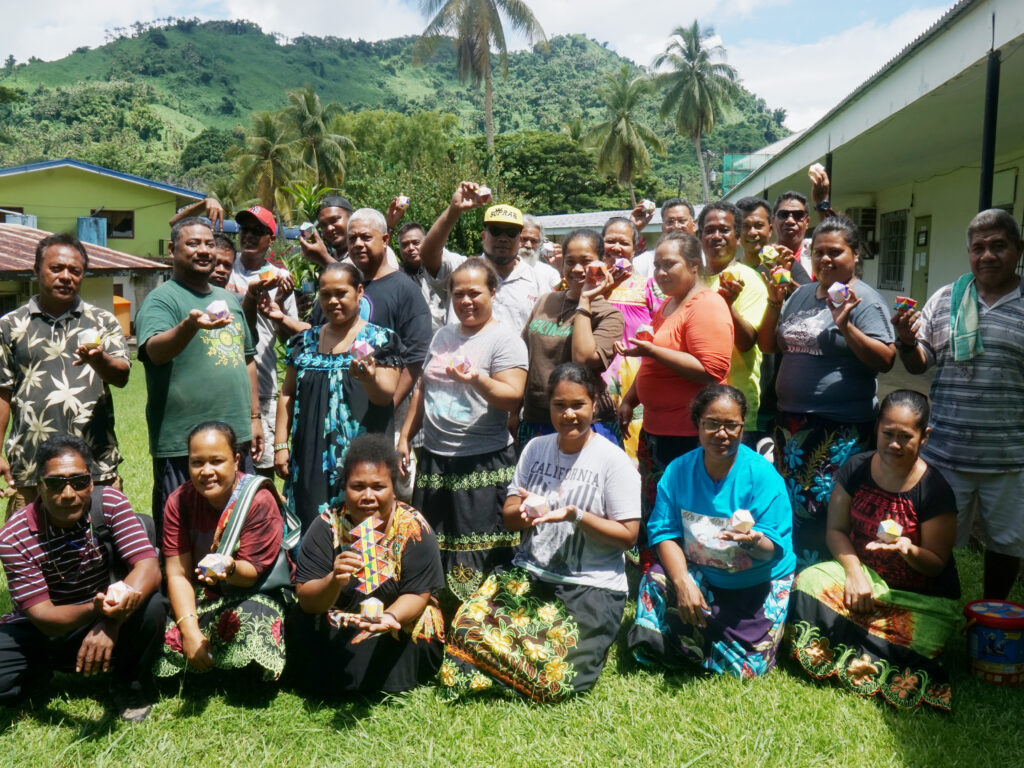
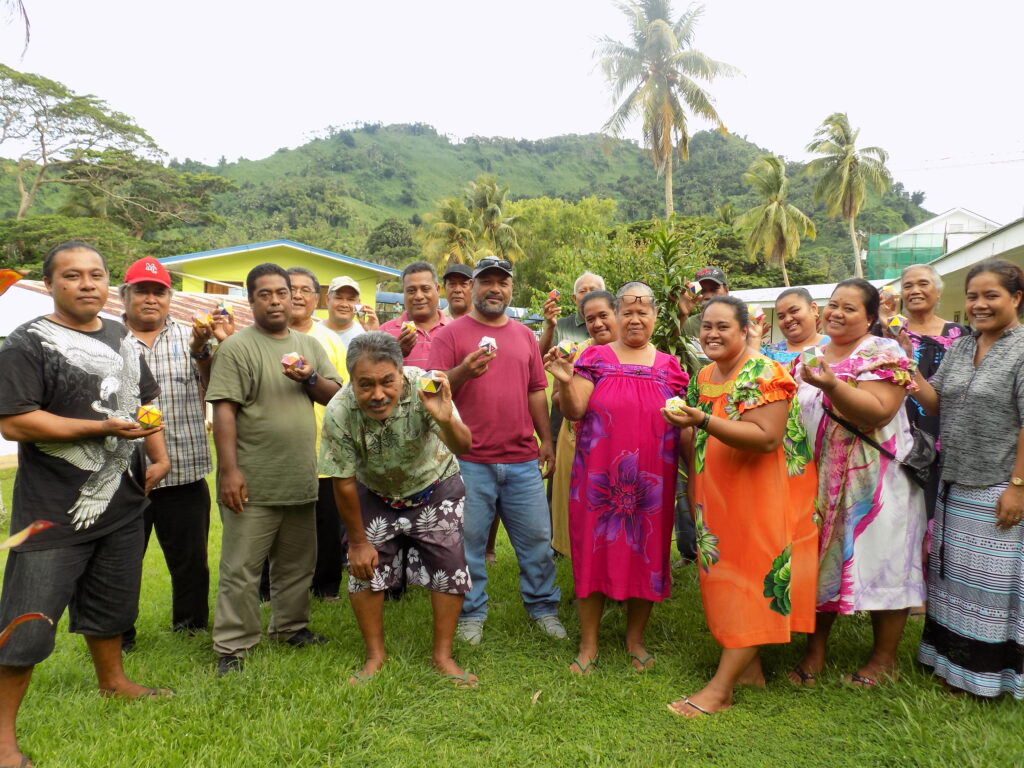
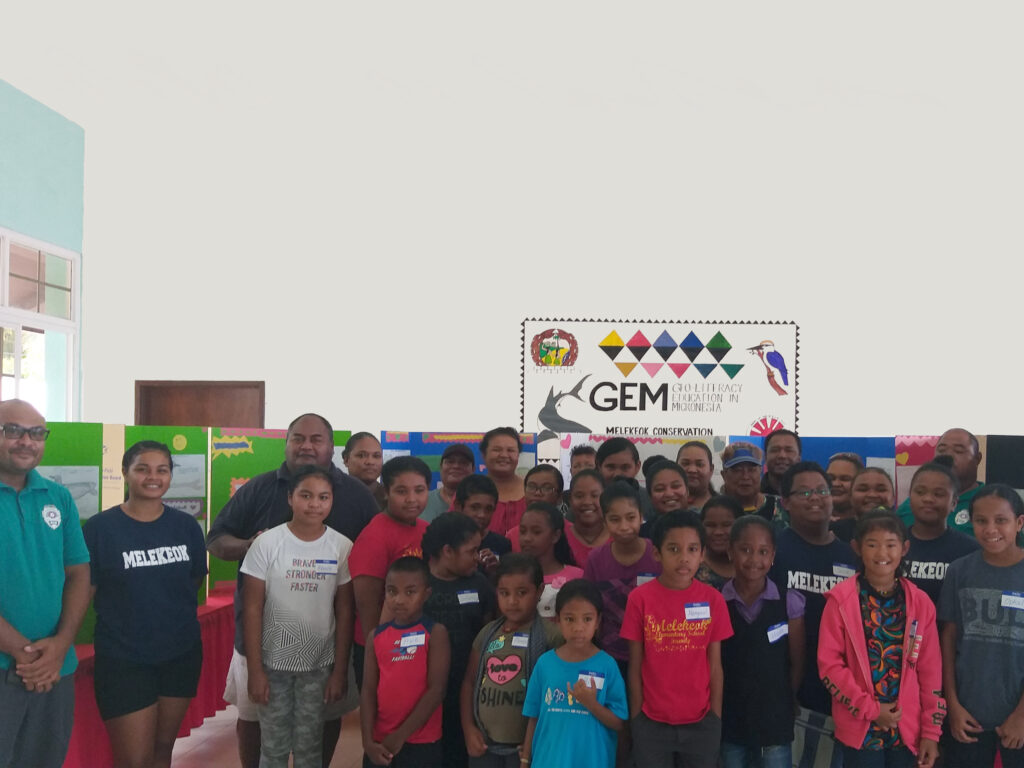
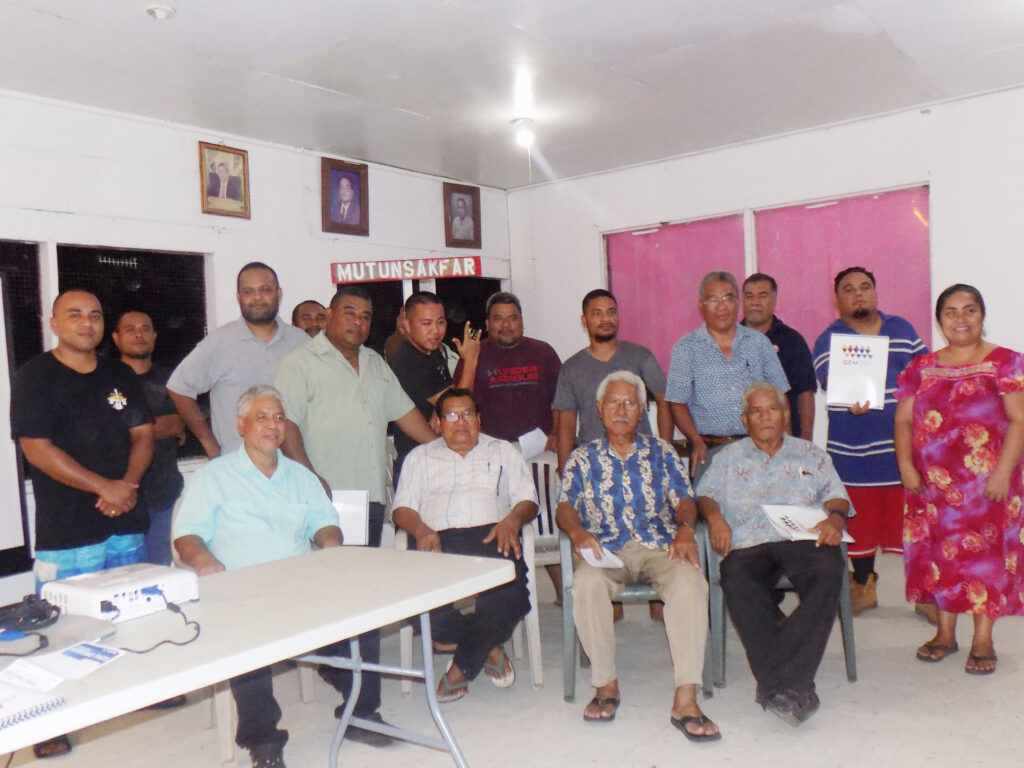
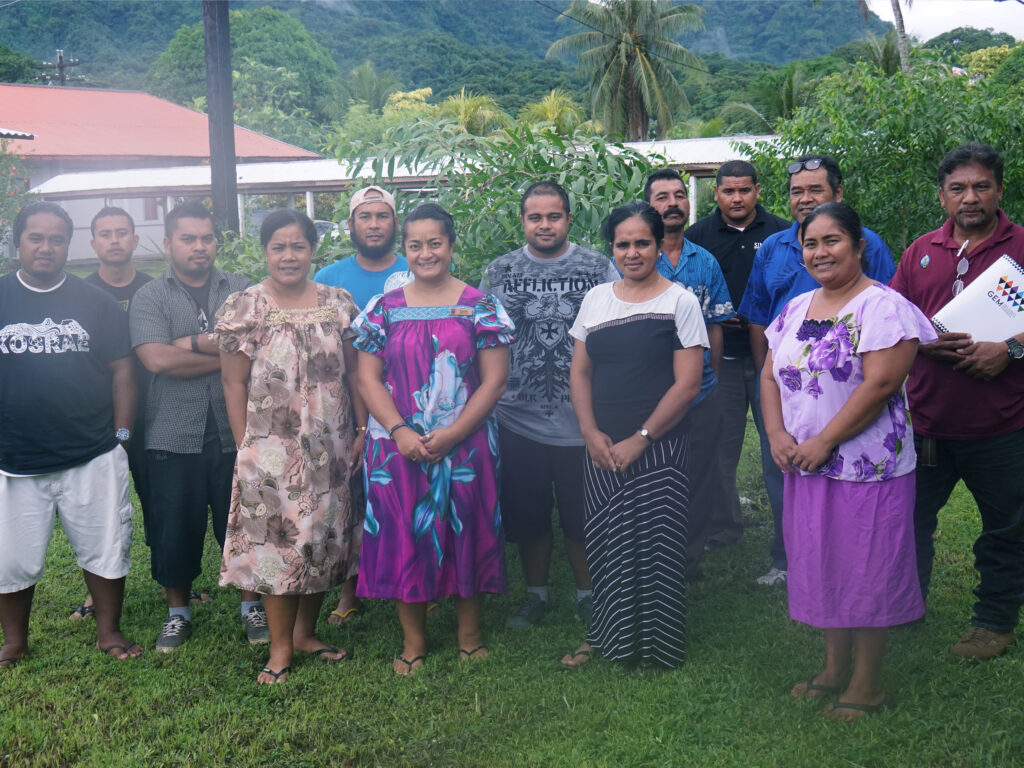
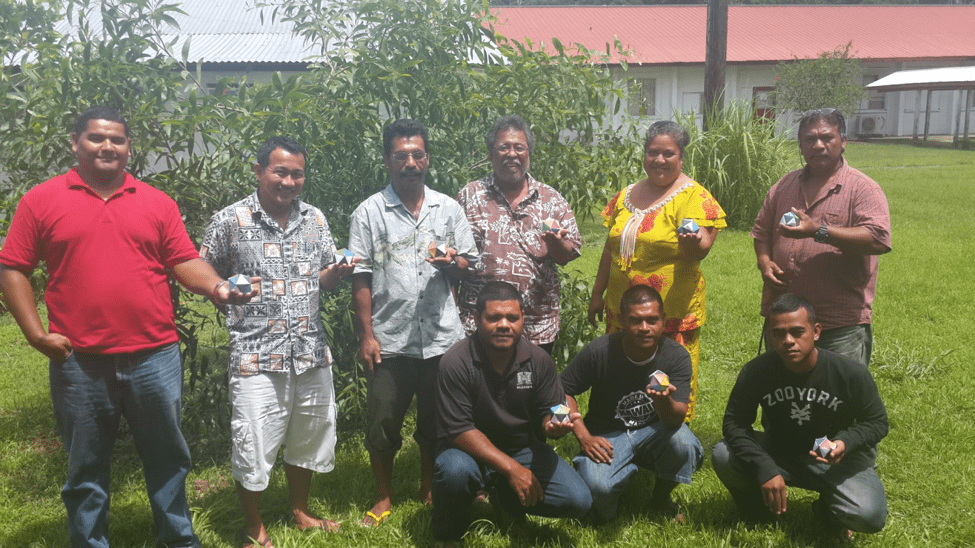
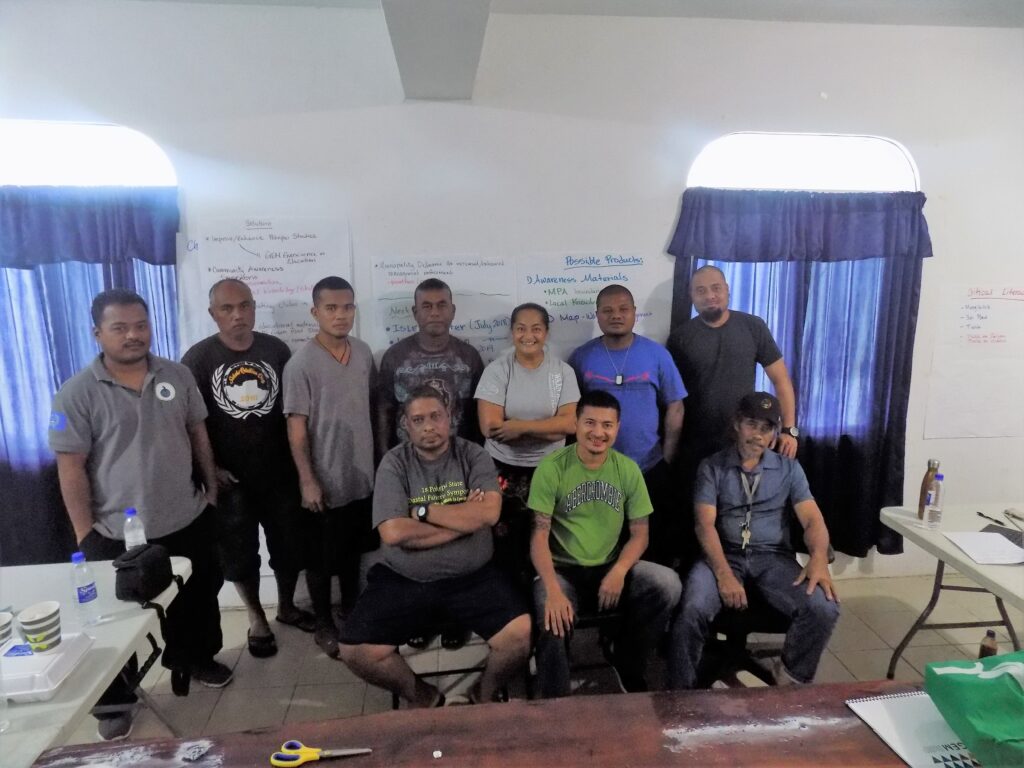
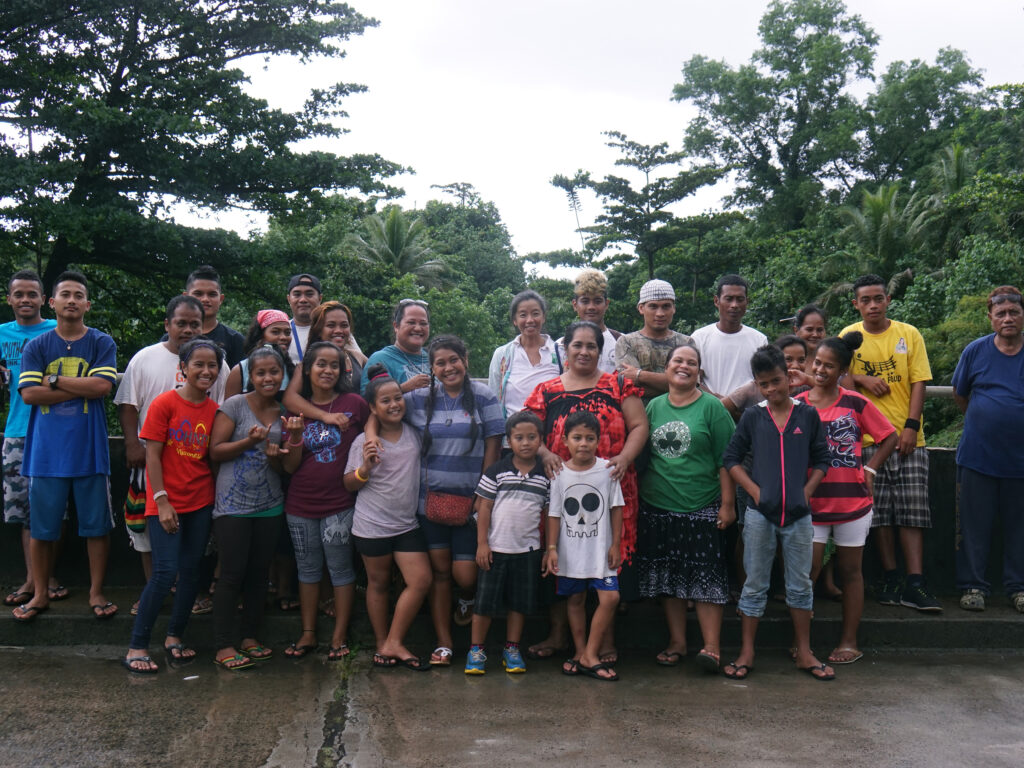
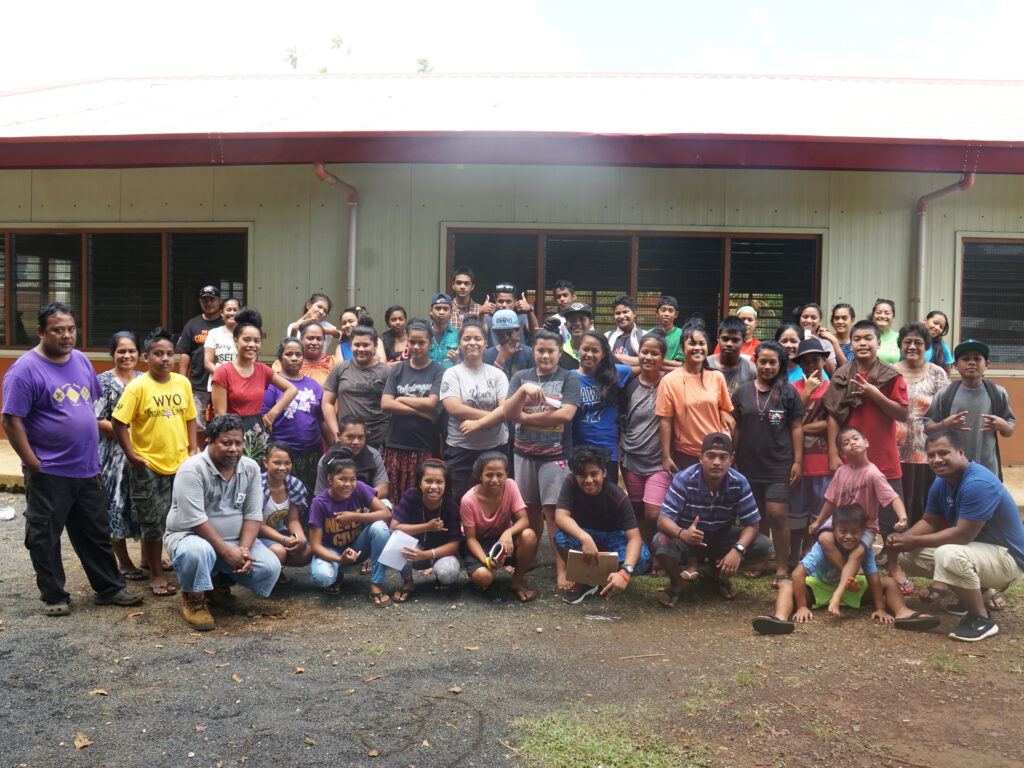
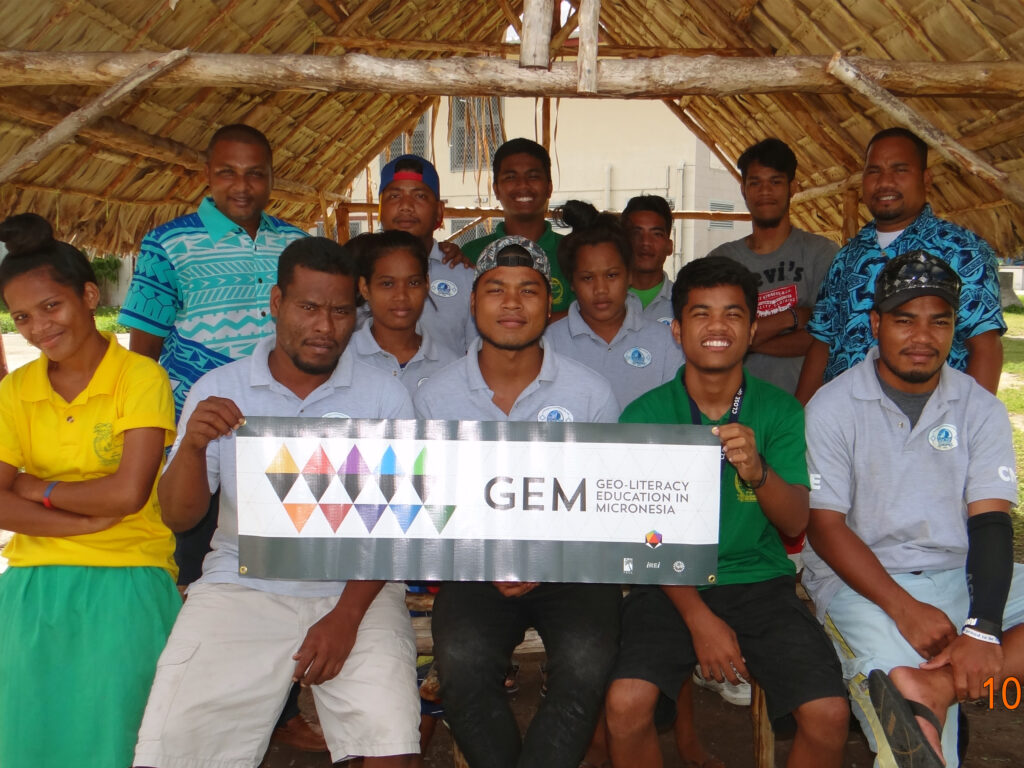
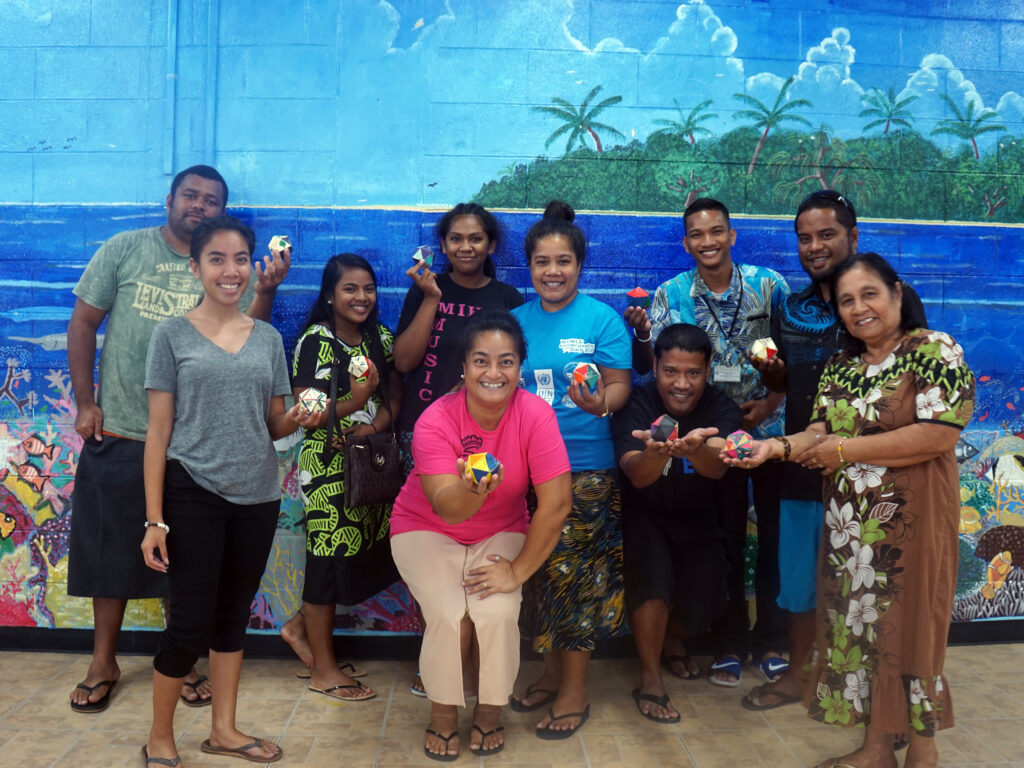
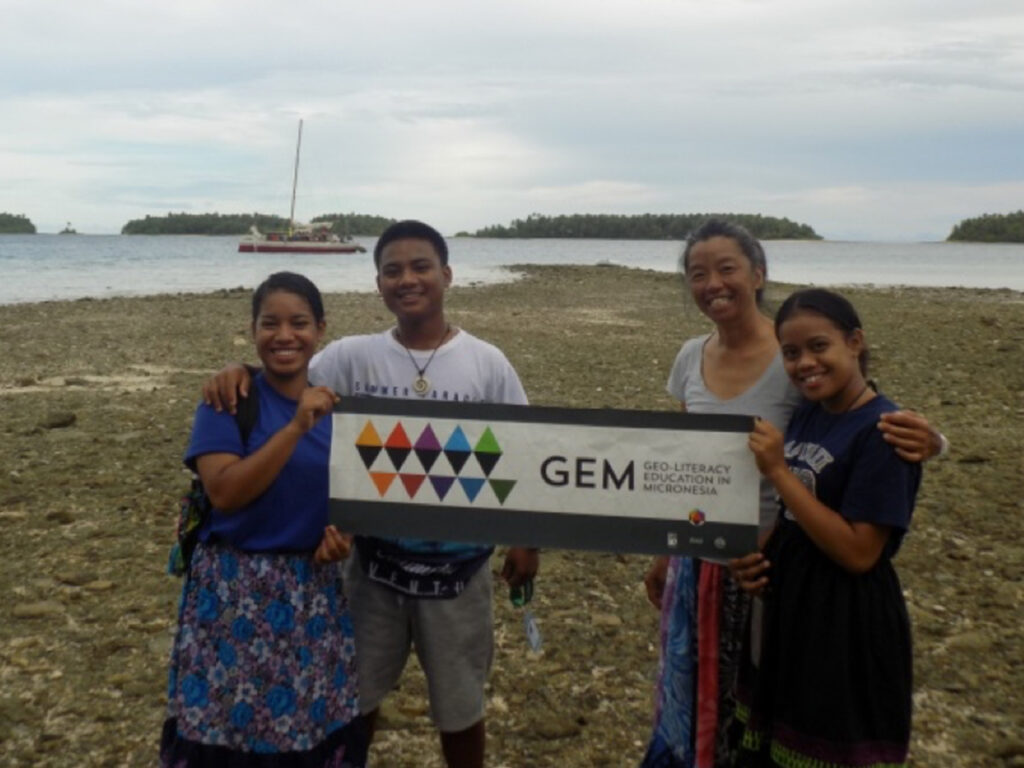
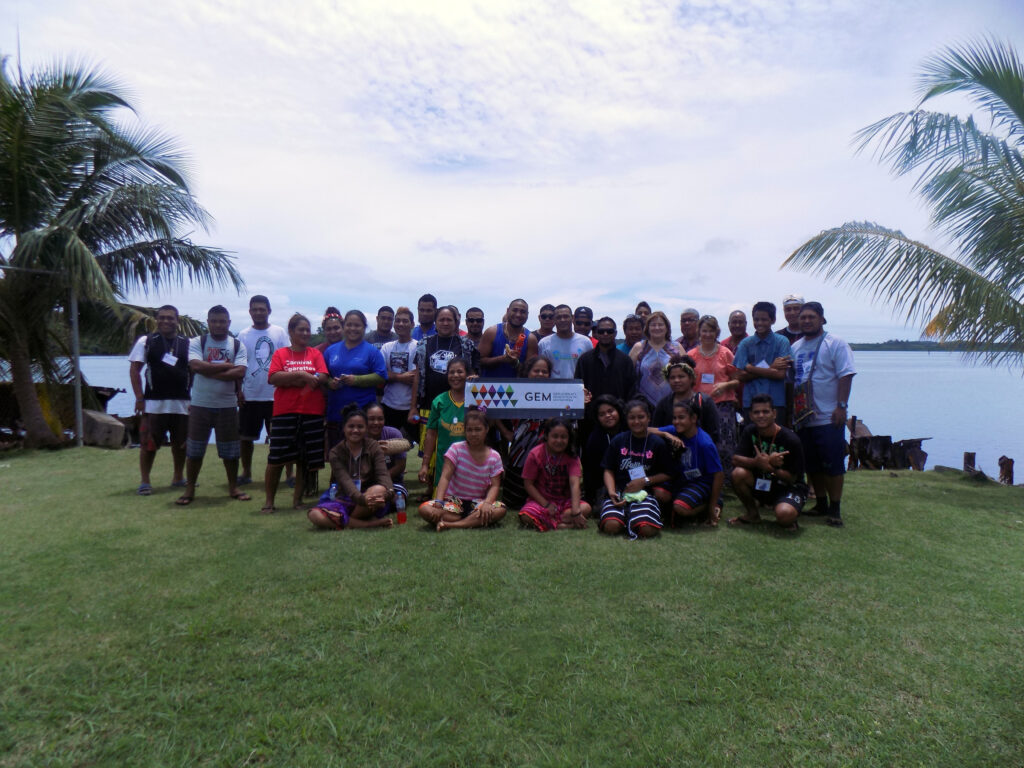
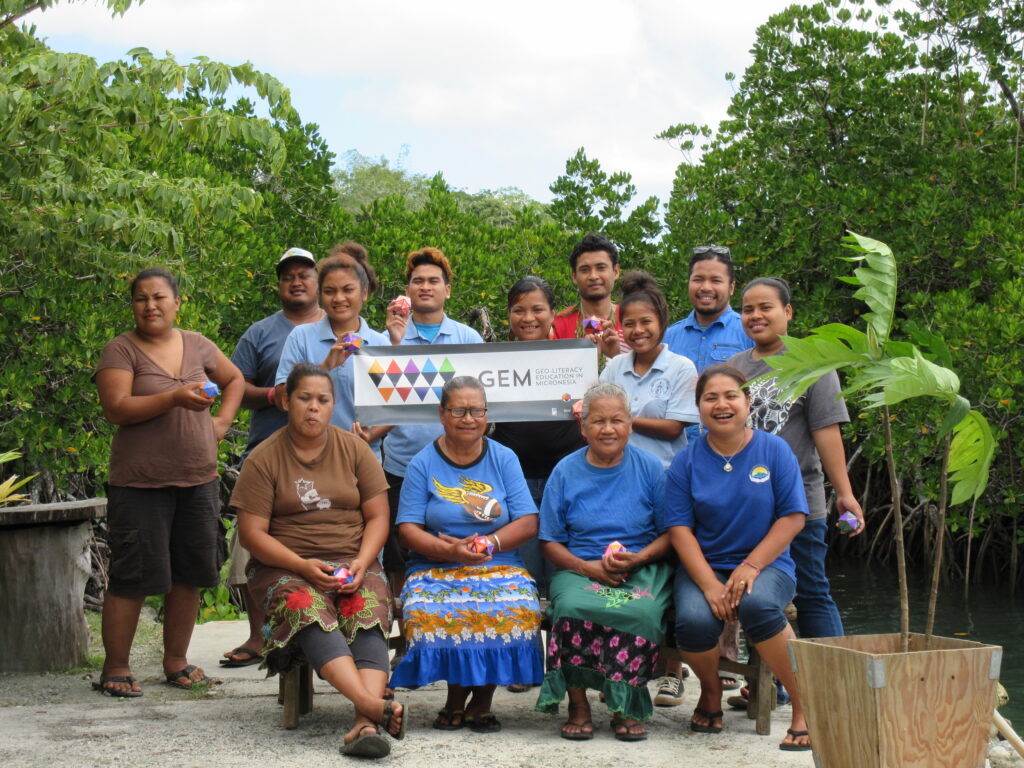
Our Partners
Chuuk State Government
Chuuk State Department of Education:
Local governments and schools on Lekinioch, Much, Namoluk, Nema, Oneop, Piisemwar, Satowan, Houk, Makur, Nomwin, Onou, Onoun, Piherah, Pollap, Tamatam, and Unanu
Yap State Department of Resources & Development, Division of Agriculture & Forestry
OurYAP: Our Youth Are Promising
Kids of Ruu Community
Government of the Marshall Islands
Marshall Islands Public School System
Marshall Islands High School
Northern Islands High School
Ebeye Public Middle School
College of the Marshall Islands
Pohnpei State Government and municipal governments
Pohnpei State Department of Education
Conservation Society of Pohnpei
Kosrae State Government and municipal governments
Kosrae Conservation and Safety Organization
Kosrae Island Resource Management Authority
Department of Resources and Economics Affairs (DREA)
Disaster Coordination Office (DCO)
Kosrae Women’s Association
Kosrae Youth Organization
Palau Ministry of Natural Resource Environment and Tourism
Palau Automated Land and Resource Information System
Melekeok Conservation Network
